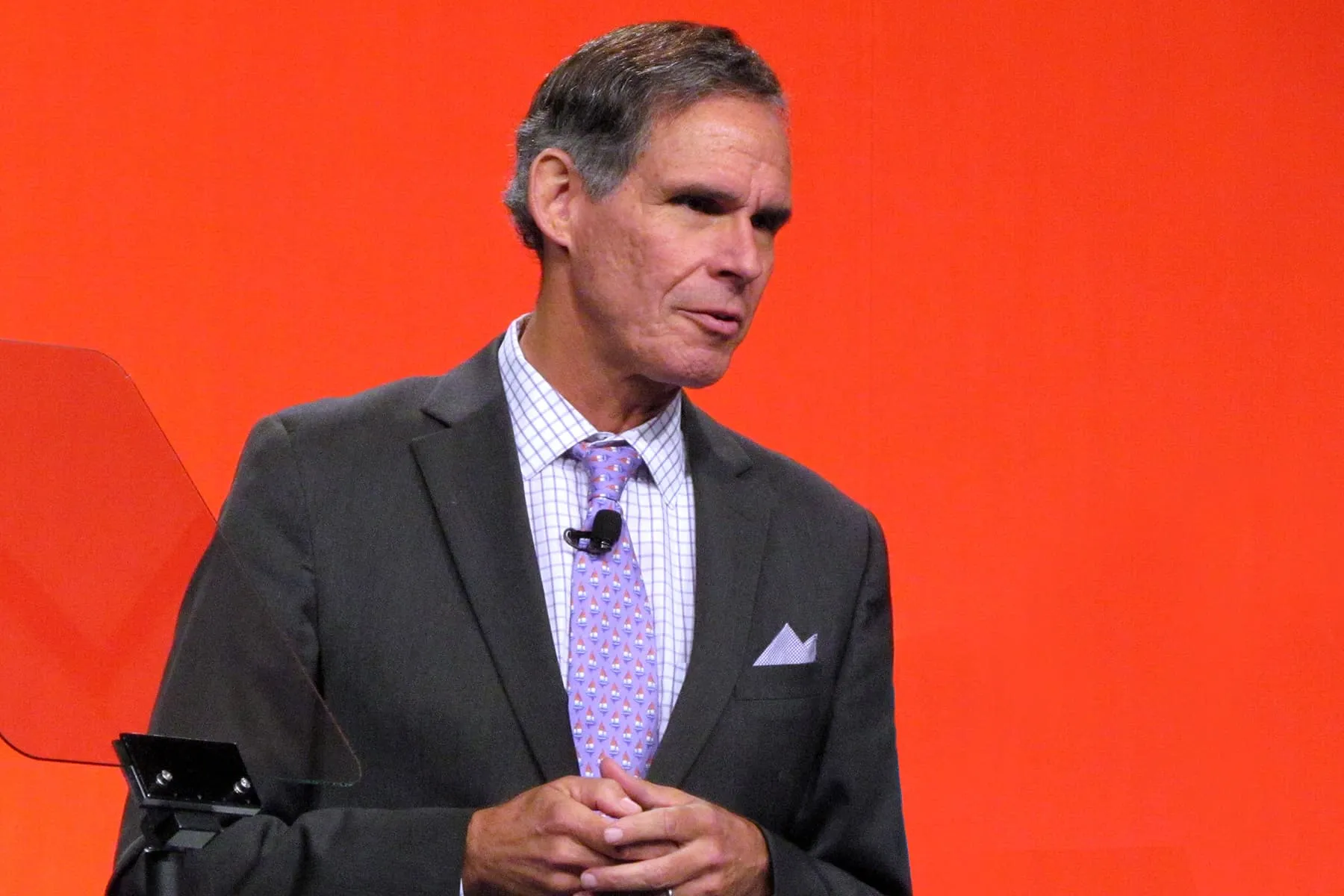
Eric Topol, MD; cardiologist
Director of the Scripps Research Translational Institute, La Jolla, CA.
1. What inspired you to write your new book, Deep Medicine: How Artificial Intelligence Can Make Healthcare Human Again?
I started realizing that artificial intelligence (AI) wasn't just improving productivity, efficiency, accuracy, and speed -- it has much bigger, more momentous potential with respect to restoring humanity, the humaneness of health care, that has been lost.
2. What is 'deep medicine'?
It has three connotations. First is this concept of deep phenotyping, which is understanding a person at the most granular level -- not just their medical records, but also their genome and microbiome, environment, and life story. … Then you have deep learning, the new subtype of AI, which is ideally suited for taking all of that data and distilling it for both doctors and patients. That sets up deep empathy, which is when you understand the uniqueness of each person.
3. Why has humaneness, as you put it, been missing in medical care, and how can AI help bring it back?
It's about the human-human bond, the doctor-patient relationship. … The potential [with AI] is outsourcing many of the tasks to improve the doctor's performance and get rid of data clerk functions so they can cue in to the person with them.
4. How might technology reduce errors in medicine?
There are more than 12 million serious diagnostic errors a year in the United States. … If we had all of a person's data keyed up, doctors could have more time [to think about the diagnosis]. That could markedly reduce the error rate.
5. In your book, you describe how virtual medical coaches could help people manage medical conditions. How might they do this?
They will have all your data -- every interaction you ever have with doctors, the sensors that you're wearing. You would have this interactive, seamless way of knowing your data and knowing the medical literature and [using it to promote] your health.
6. What about the risks of medical data analyzed by computers?
About 60% of the American population have had their data hacked. That's a pretty bad rate in this country. All the nefarious uses or discriminatory uses of your data out there are just not acceptable.
7. So, how can we protect the privacy of our medical information online?
You should be controlling your data. … The security and privacy of your data are far better when you are controlling it, rather than the different doctors or health systems that you've visited over the years.
8. Could computers eventually make some medical specialties obsolete?
No. I don't think that we want to have any elimination of doctors, but rather the gift of time, so doctors have much more time with patients.
9. What would doctors contribute and what would AI contribute to medical care?
It changes a little bit for each part of medicine. ... You can't just make a generalization, but there's going to be a lot of outsourcing. Let's say, eye doctors. The eye exam would largely be done through algorithms -- and eventually through your smartphone.
10. What functions might AI never replace?
You don't ever want to trust the algorithm for a serious diagnosis. Can you imagine [being told], "You have cancer" by an algorithm? Any serious diagnosis requires significant oversight and human communication and a treatment plan.
Find more articles, browse back issues, and read the current issue of WebMD Magazine.
